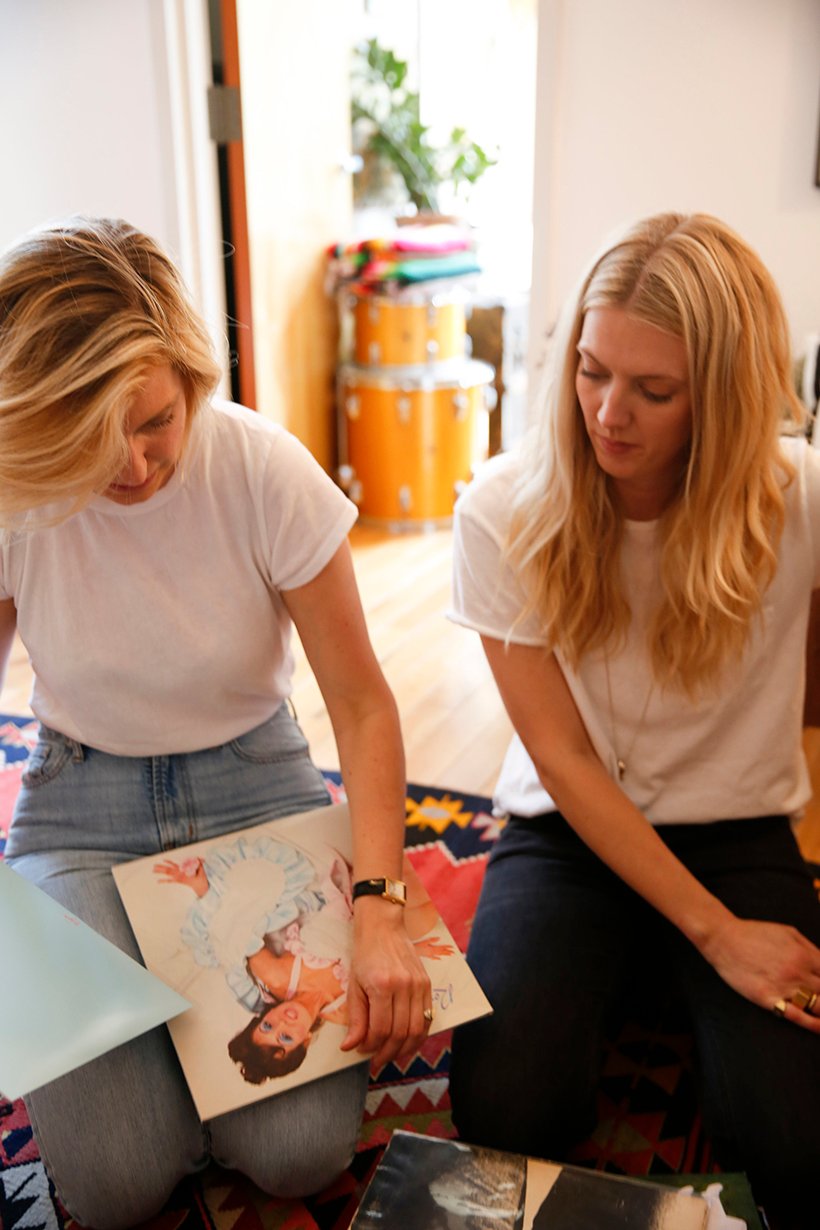Up until a couple years ago, I never gave much thought to “fighting well.” In fact, any thoughts that I actually had about conflict were focused on how to avoid it altogether. However, as I’ve gotten older and (hopefully) wiser, I’ve realized just how crucial it is for our most important relationships that we learn how to work through conflicts together, and come out stronger on the other side. It requires taking risks, getting uncomfortable, and being brave enough to let others see our true emotions – which is why I’ve been thinking a lot about the subject this month.
As a longtime fan of all Brené Brown’s books, I was especially inspired on these particular topics in her latest, Braving the Wilderness. The best part about writing this post was going back through my notes and highlights and being reminded of all the aha moments I experienced while reading the book, that were so central in shaping my ever-evolving approach to working through conflict.
Read on for my 5 favorite pieces of advice from Brené, and if these resonate with you, I can’t recommend the entire book highly enough!
featured image by lauren riboldi
 image via this isn’t happiness
image via this isn’t happiness
1 – Lean into “negative” emotions.
“But what we know now is that when we deny our emotion, it owns us. When we own our emotion, we can rebuild and find our way through the pain.”
It wasn’t until I became a mom of a 5-year-old that I realized how prone I am to try to fix everyone’s feelings and make them feel better. When Phoebe’s sad about something that I deem “silly,” my natural inclination is to convince her to get her chin up and be happy! Brené’s words were very convicting, teaching me the importance of sitting with others in their pain instead of immediately trying to make their negative emotions go away. Glossing over another person’s hurt can actually make them feel more isolated. This is especially true in an argument: so often, I’ve realized that people just need to realize their emotions are heard and acknowledged. Even when it’s uncomfortable for me, I’m trying to model for my kids the importance of owning our emotions and allowing ourselves to feel them before moving on.
2 – Be willing to have the tough conversations.
“People often silence themselves, or “agree to disagree” without fully exploring the actual nature of the disagreement, for the sake of protecting a relationship and maintaining connection. But when we avoid certain conversations, and never fully learn how the other person feels about all of the issues, we sometimes end up making assumptions that not only perpetuate but deepen misunderstandings, and that can generate resentment.”
Recently, I had a serious disagreement with a close friend and collaborator who I adore. It was one of those palm-sweating-shaky-voice kind of conversations, and we just couldn’t seem to get to a place where we were truly hearing each other and understanding. Instead of throwing up our hands and moving on (knowing that we wouldn’t really truly be moving on), we pushed through the muddy waters of our disagreement until we came to a place where we really started to understand what the other was saying, and the wounds that had happened on both sides. And y’all, it was so worth it, so healing, and our friendship is stronger because of it.
3 – Learn how to really listen.
“I believe one of the most courageous things to say in an uncomfortable conversation is, “Tell me more.” Exactly when we want to turn away and change the topic…we also have the opportunity to ask what else we need to know to fully understand the other person’s perspective.”
Brown suggest that we ask questions like, “Help me understand why this is so important to you,” and then listen to the answer with a genuine desire to get where they’re coming from, in the same way that we all want to feel understood.
It’s tough for all of us to challenge our own assumptions, but doing so is one of the most mature decisions we can make, allowing us to see others for who they really are instead of putting them in an unfair box we’ve created for them in our minds.
4 – Don’t look to others for my own self-worth.
“Stop scouring people’s faces for evidence that you’re not enough. You will always find it because you’ve made that your goal. True belonging and self-worth are not goods; we don’t negotiate their value with the world. The truth about who we are lives in our hearts.”
We’ve probably all made snap judgements about someone that became a self-fulfilling prophecy: we saw certain qualities in them because we went into the exchange looking for those qualities. So often, our expectations dictate the way we perceive a given situation, but if we go into a conversation expecting to find judgement or anger, chances are, we will – regardless if that was actually the intention of the other person. I’ve been trying to go into difficult conversations assuming the best and not putting my expectations on others. And most importantly, I go into those conversations knowing that my own sense of self-worth has nothing to do with what they think of me. I’m not depending on our conversation for validation that I’m okay.
5 – Have the courage to get curious.
“The ability to think past either/or situations is the foundation of critical thinking, but it requires courage. Getting curious and asking questions happens outside our bunkers of certainty. For most of us, even if the ‘with us or against us’ mandate sounds a little like oversimplified BS, it still feels easier and safer to pick a side.”
This requires us to put down our defenses and let go of the desire to be “right” — which is really so exhausting, isn’t it? When I approach a tough conversation with a genuine curiosity and desire to understand the other side, it feels more lighthearted and open, and I almost always learn something about myself and the other person in the process.









